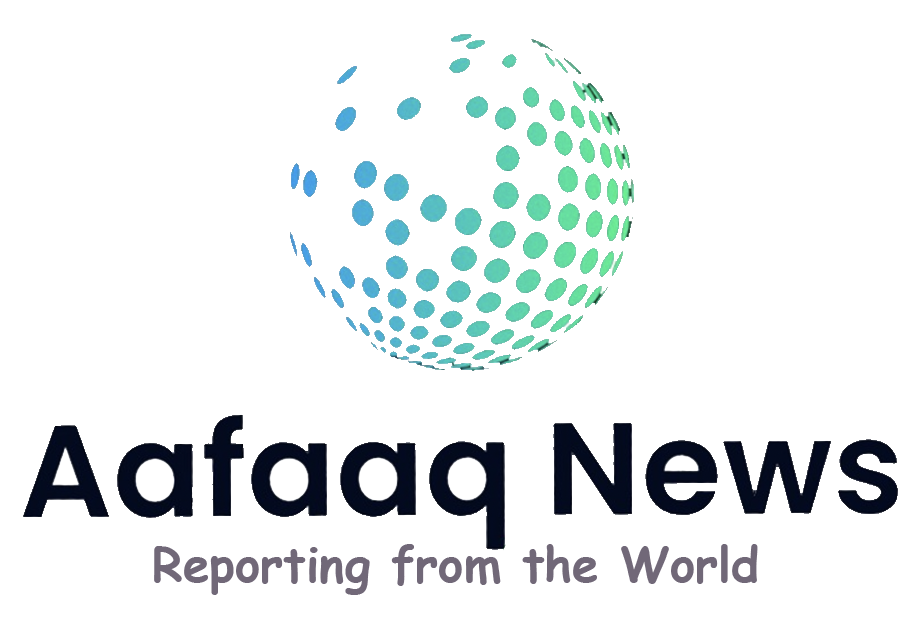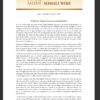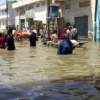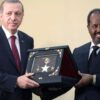A group of prominent Somali politicians has criticized the recent decision to overhaul the country’s electoral system and introduce universal suffrage, citing a lack of broad consultation and concerns over the constitutionality of some proposals. The central government and four federal member states had agreed to implement a one-person, one-vote system, with local elections scheduled for June 2024. President Hassan Sheikh Mohamud had pledged to end Somalia’s long-standing clan-based indirect voting system. The agreement also included a provision for a single presidential ticket, where voters would directly elect the president and vice president, effectively eliminating the post of prime minister. However, the proposals still require approval from the parliament.
In a statement issued on Monday, approximately eight influential politicians, including former president Sharif Sheikh Ahmed and four former prime ministers, voiced their objection to the agreement. While they acknowledged the goal of transitioning to a one-person, one-vote system and promoting democratic governance, they expressed concerns about the lack of full representation of all federal member states during the decision-making process. They warned that such a decision, made without a comprehensive consultation and without considering public opinion, could undermine unity and erode societal trust.
The signatories also opposed the proposed electoral calendar, which called for parliamentary and presidential elections in the federal states on November 30, 2024, extending beyond the expiration dates of some mandates. They further objected to plans to limit the number of political parties competing in elections to just two, arguing that such a restriction would concentrate power in the hands of a small group of individuals.
Somalia continues to grapple with the aftermath of decades of conflict, insurgency by Al-Shabaab militants, and natural disasters like drought, which have caused widespread hunger. The country has not held nationwide one-person, one-vote elections since 1969 when dictator Siad Barre seized power. However, Puntland, a semi-autonomous region, recently conducted direct elections for local councils, with hopes from international partners that these elections would inspire a broader expansion of democracy across Somalia.











